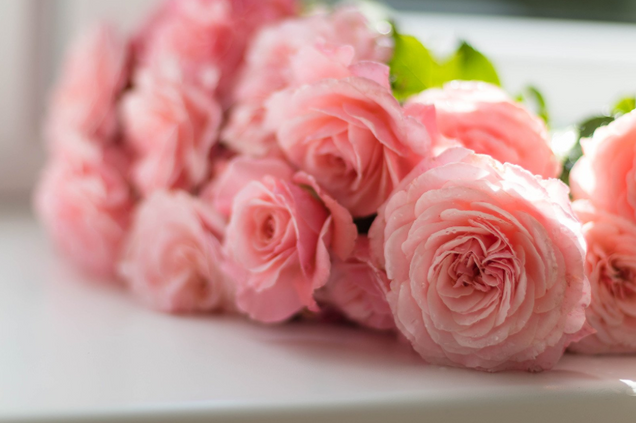Assistant Director Shari Tumandao is the HTC’s resident expert on herbal remedies and holistic health. Each week, she joins Tea Time to introduce students to herbs commonly found in teas, their natural properties, and how they may benefit your health and wellbeing. You can find recaps of her presentations here on our website.
Disclaimer: The following information comes from CommonWealth Center for Holistic Herbalism located in Brookline, MA. If you take medication, please consult your doctor before working with the following herbs. Consume at your own discretion.
Emotional Support Blend

Instructions:
- Option 1: Add ½ tsp of each herb and steep for 5 minutes. Add honey to taste.
- Option 2: Add 1 tbs of each herb to quart container, fill will hot water, and steep overnight. Add honey to taste.
Yarrow
- “Armor-like,” often recommended for air / trauma workers
- May help equalize blood pressure, reduce fever and inflammation, restore homeostasis to circulatory system
- Contains chamazulene, a key ingredient in chamomile
Motherwort
- May benefit those seeking support in creating boundaries, saying “no”, and acting with courage
- May support cardiac tissue, calm palpitations, and release tension
Hawthorne
- May benefit those experiencing loss and grief
- May support arteries and capillaries in nourishing cardiac tissue
- May strengthen muscular contractions while calming heart rate
Rose
- Stimulates and uplifts, may bring comfort to the body
- May benefit those in need of encouragement, especially during times of emotional vulnerability
- May support healing wounds and cooling burns
Additional resources:
For more information about where to find these and other herbs and tea ingredients, try online retailers like Starwest Botanicals and Pacific Botanicals. If you are local to the Greater Boston Area, try Cambridge Naturals.